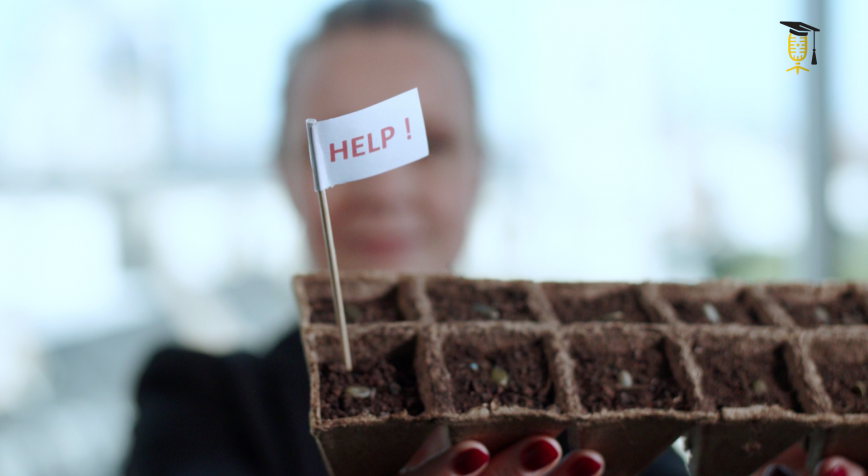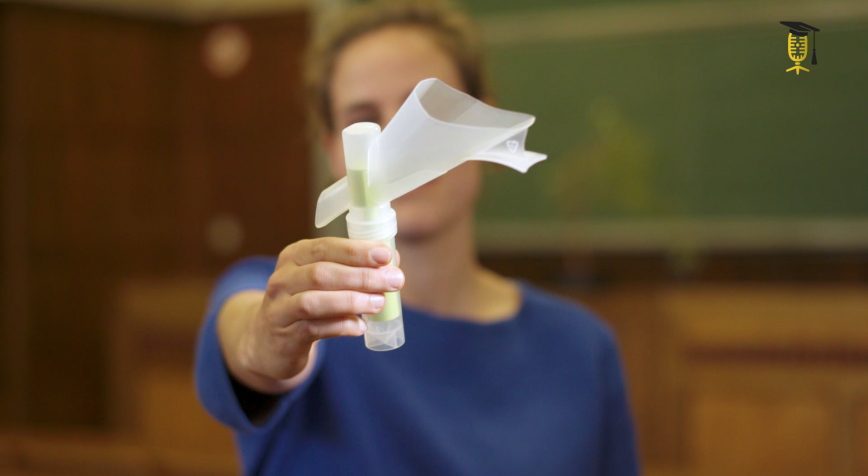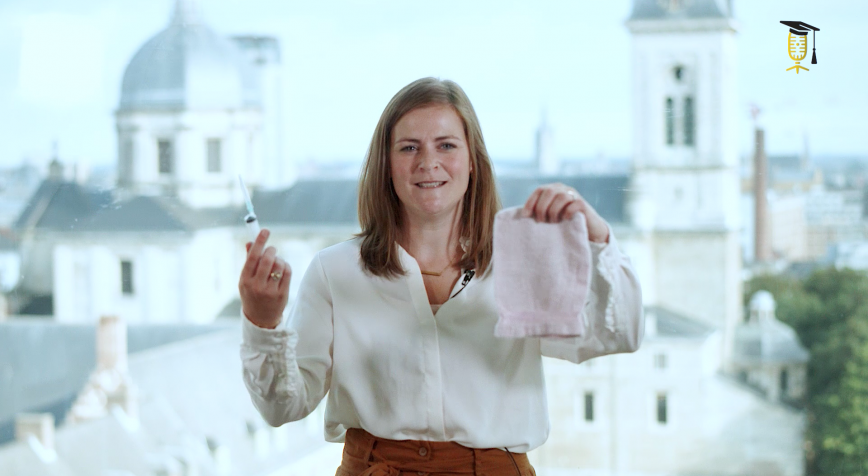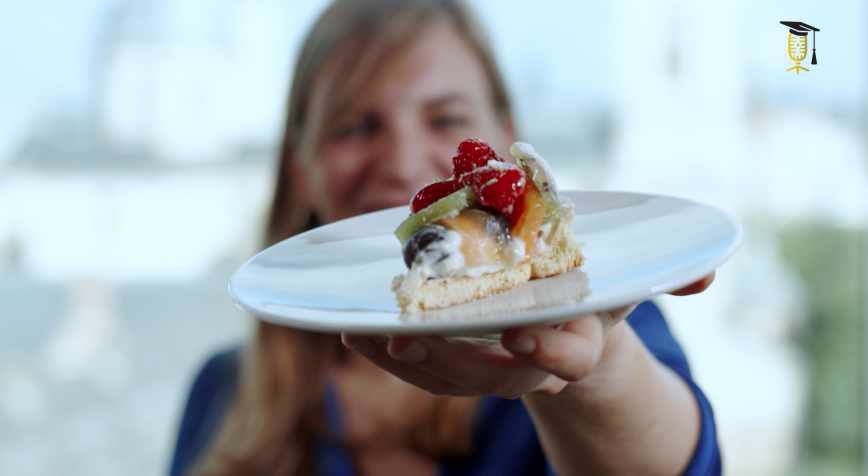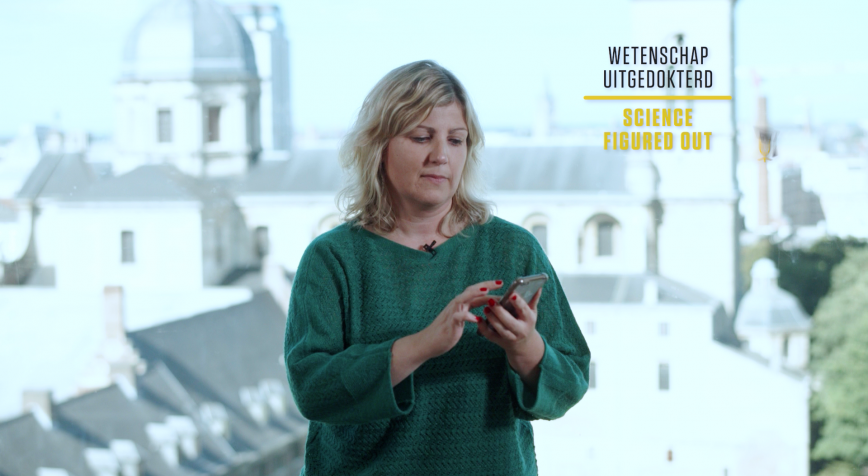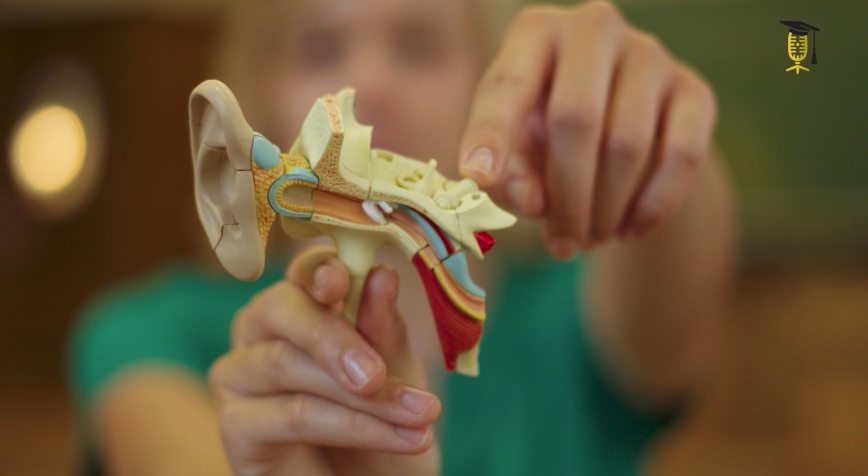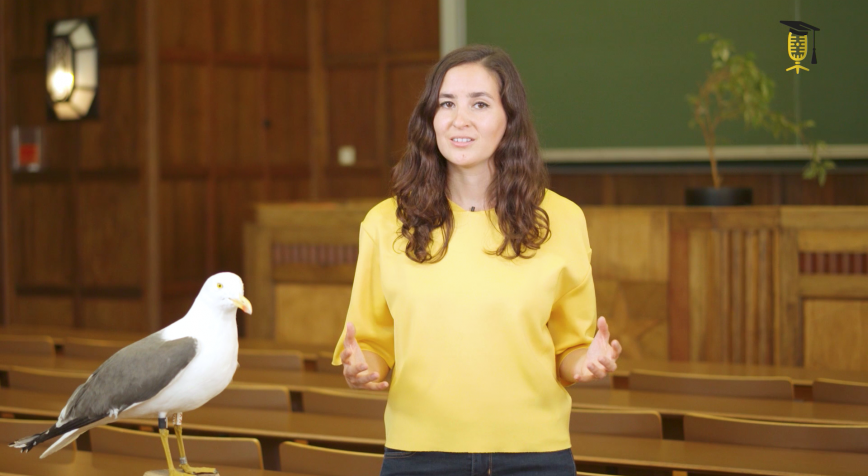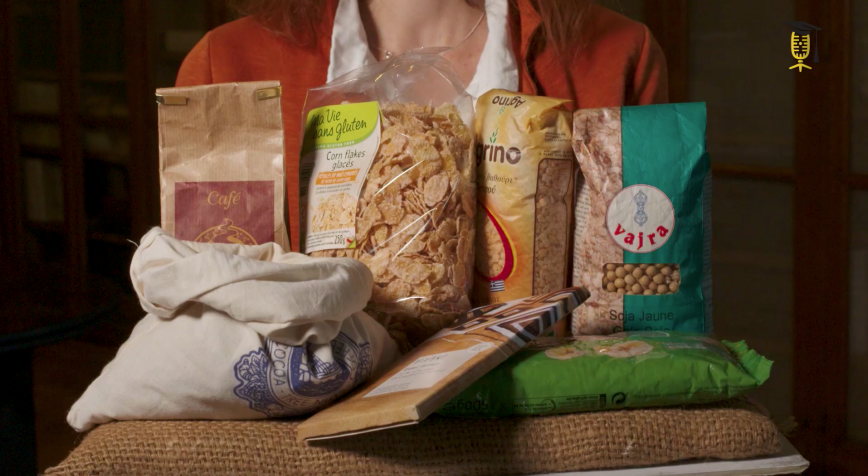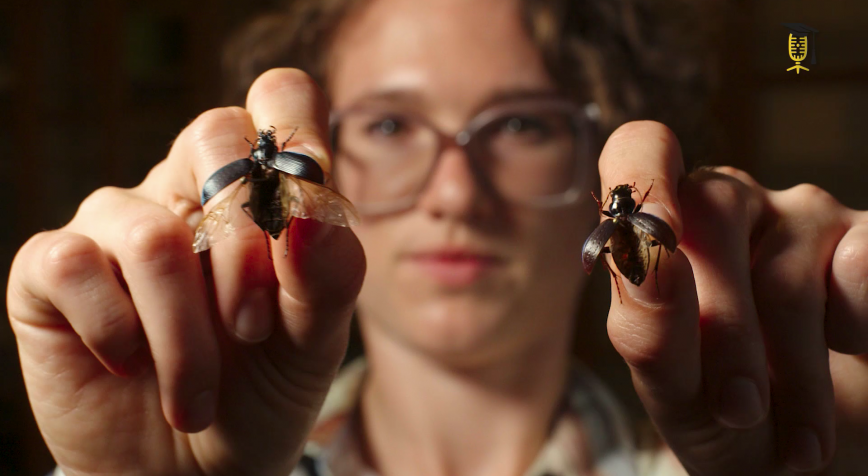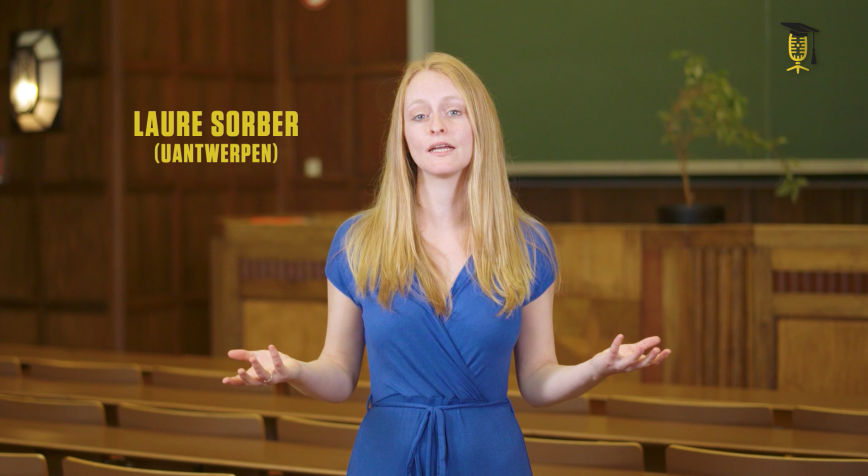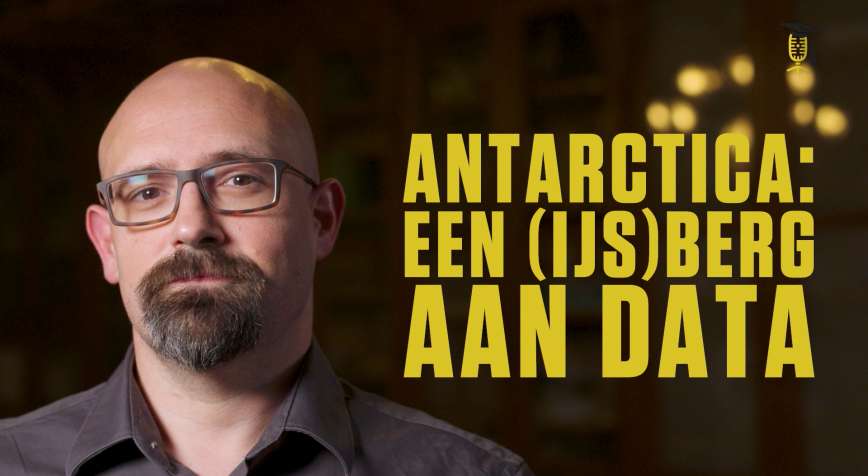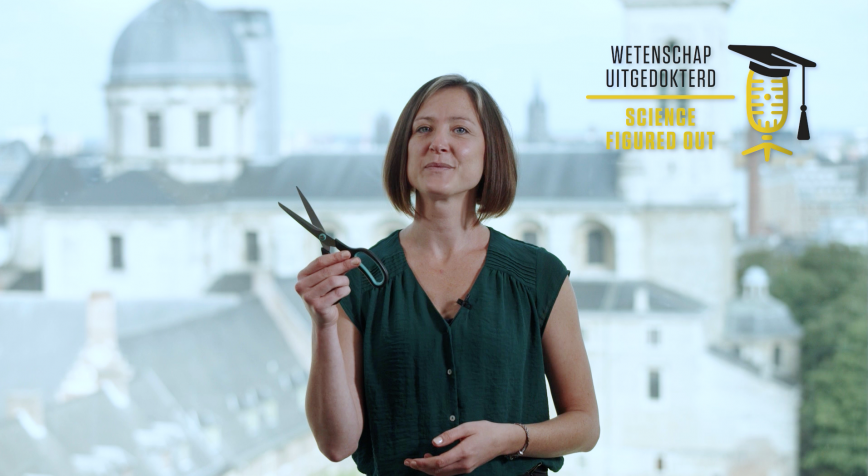
Arteveldehogeschool
The risk of playing too safe
What do you do when you see a toddler walking around with scissors? Do you panic? Do you get angry? Do you take them off immediately? It's tempting to intervene immediately in such a situation. But no matter how well you mean it, you do deprive a toddler of the opportunity to learn to deal with risks on his or her own.
